Remembering the lessons of 1968 as we vote in 2008.
Happy New Year and welcome to 2008.
It is hard for me to believe that it has been 40 years since those of my generation endured the misery of the year 1968 that helped define a whole cohort of politicians and journalists.
The journalists that were young in 1968 are now nearing the ends of their careers. For the politicians hoping to either be elected president or play a pivotal role in electing a president, this is their last hurrah.
Thank God.
1968 was not a great year. Let’s just take a short review.
On January 23, the U.S.S. Pueblo, a U.S. Navy intelligence ship, was seized on the high seas by North Korea. The crew was held for 11 months and repeatedly tortured. The ship, though still on the Navy’s roll of active vessels, remains in North Korea as a floating museum of anti-American propaganda. The Johnson administration ended up acquiescing to North Korea’s demand for an admission of guilt together with an apology. The fact that both the admission and the apology were retracted immediately upon the recovery of the crew was largely lost on world perception. The flaccid reaction by the U.S. to what was clearly an act of war set the stage for other outrageous attacks against the U.S. that would follow.
On January 30, the Viet Cong began the Tet Offensive against South Viet Nam and U.S. forces. The U.S. defeated the Viet Cong but the campaign was treated as a defeat by American media. The U.S. went on to lose in Viet Nam despite having dealt the Viet Cong and the North Vietnamese Army a serious, potentially fatal setback.
Speaking of Viet Nam, on February 1, photographer Eddie Adams caught on film the execution of a Viet Cong officer by a South Vietnamese National Police Chief. The image did much to sway American opinion against the war.
On March 16, U.S. troops killed scores of Vietnamese civilians in what would come to be called the My Lai Massacre. Lt. William Calley would eventually be court-martialed, convicted and sentenced to life in prison. Many saw Calley as a scapegoat for a failed Army policy. He would serve three and a half years in prison.
On that same day, Robert F. Kennedy announced that he would seek the Democratic nomination for president. His candidacy was seen as a severe blow to President Lyndon Johnson.
On March 31, the events in Viet Nam finally crushed the LBJ presidency and he announced that he would not seek another term in office, throwing the Democratic Party nomination for the coming November election wide open.
Four days later, on April 4, Martin Luther King, Jr. was assassinated while standing on a motel balcony in Memphis, Tennessee.
On April 23, student protesters at Columbia University in New York took over the administration building and shut down the university. The siege lasted for eight days and ended violently with 150 students injured and over 700 arrested — even as the university acquiesced to many of the demands of the protesters.
On June 5, with the King assassination still fresh in everyone’s mind, Robert Kennedy was assassinated in the kitchen of a Los Angeles hotel following a campaign event.
In the third week of August, rioting broke out in the streets outside the Democratic National Convention in Chicago. A bitter divide in the party concerning the Viet Nam war was the catalyst for the violence.
On November 5, Richard Nixon defeated Vice President Hubert Humphrey in the 1968 presidential election. Nixon’s narrow victory did little to calm growing unrest in the United States and his administration would go on to end, as we all know, in complete disgrace.
1968 was the culmination of the first failure of American leadership since World War II and chaos rushed to fill the resulting vacuum. By far the biggest failure of leadership pertained to Viet Nam, where the Johnson administration committed increasing numbers of troops to combat but imposed rules of engagement that made victory impossible, all in the name of avoiding escalation.
Forty years later, some of the sons and daughters of 1968 are in the twilights of their political careers, taking their last clean shot at high office.
We would do well to remember the lessons of 1968 as we select the next president.


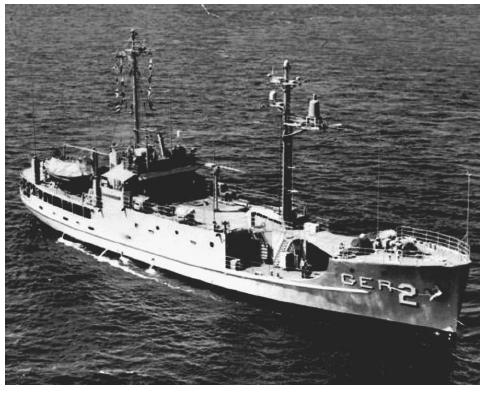
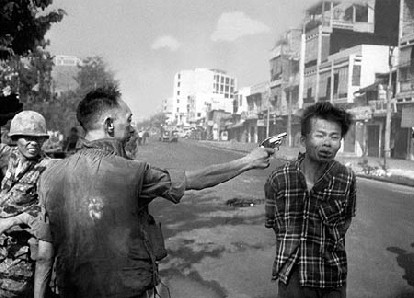
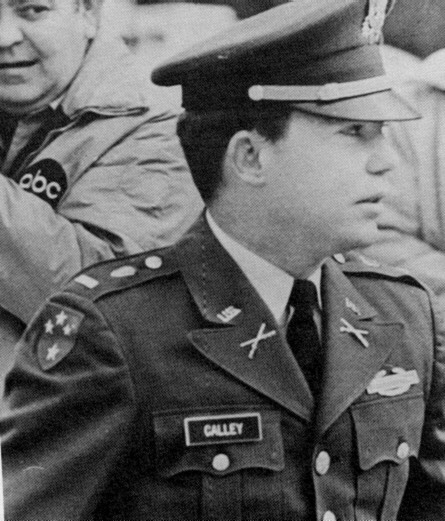

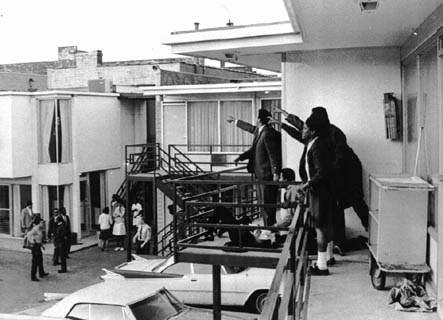
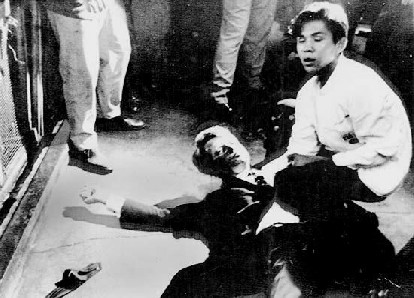
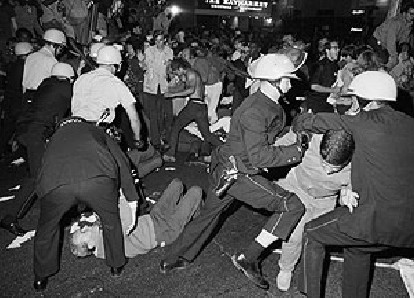
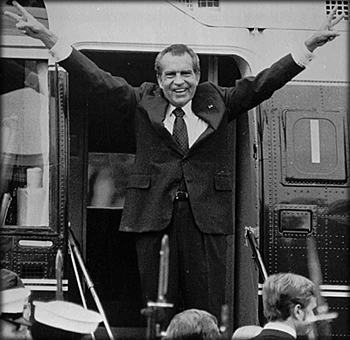

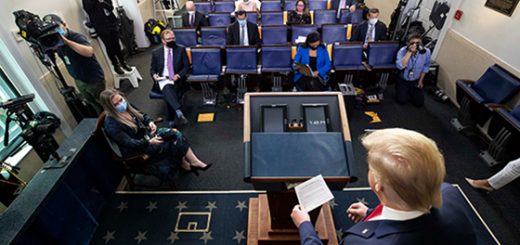
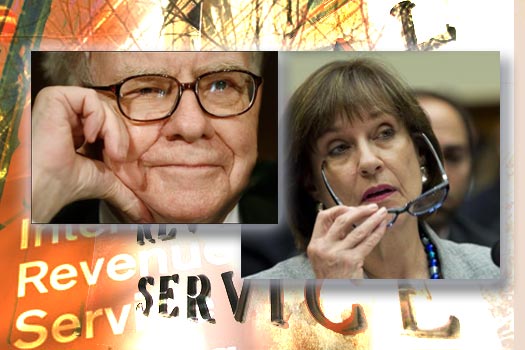
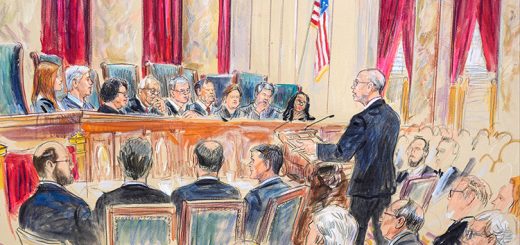



Great article Paul. I'm old enough to remember the Jimmy Carter days of waiting in long lines for gas and…
The Pope’s recent statement claiming the US closing its borders is equivalent to abortion has destroyed all credibility of the…
Agree with everything you laid out. Judges are supposed to interpret the law, not make it or even practice a…
A lot of talk and analysis about Biden and his policies. There needs to be more emphasis on what has…
The future of this Country has forgotten the founding Fathers and the ONE thing that UNITED THEM and the LAW…